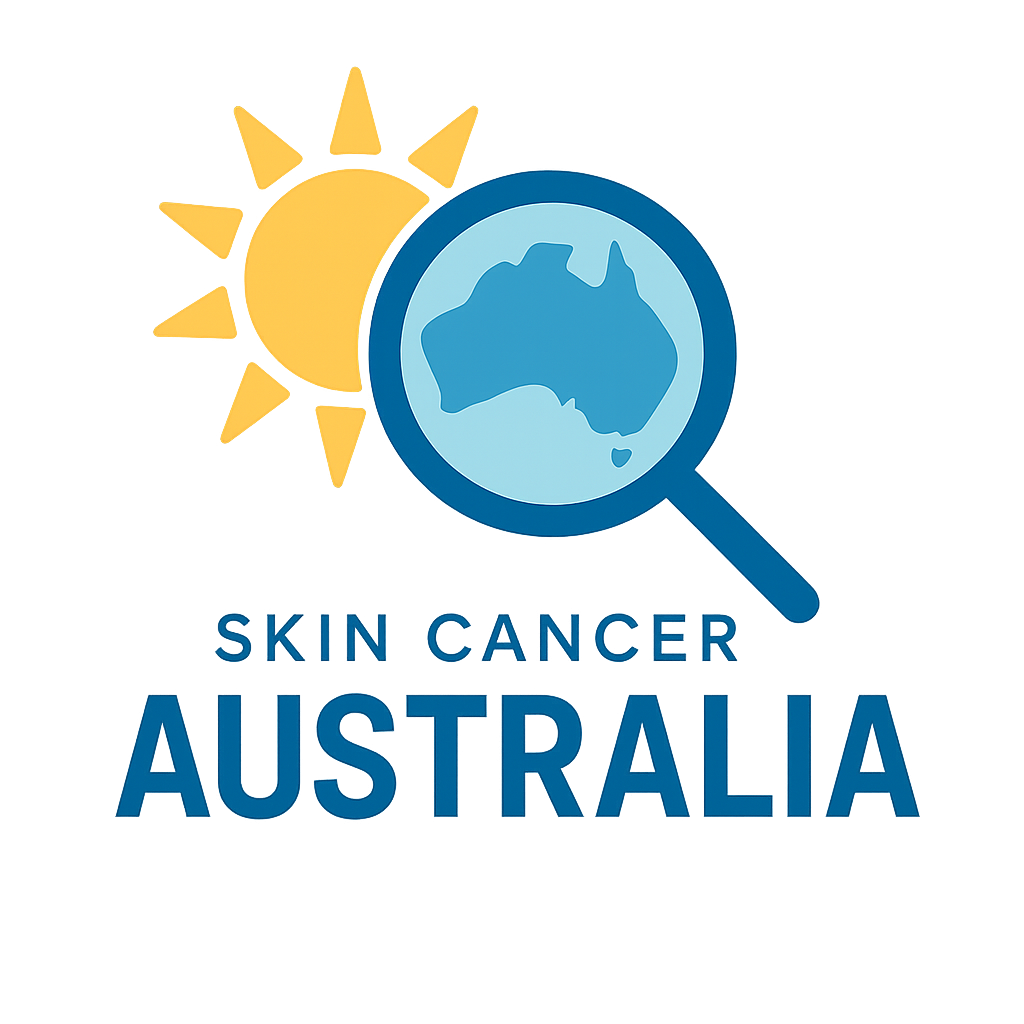The SCREEN Project in Germany: A Groundbreaking Skin Cancer Screening Initiative
The SCREEN project (Skin Cancer Research to Provide Evidence for the Effectiveness of Screening in Northern Germany) was a landmark public health initiative conducted in 2003 in the German state of Schleswig-Holstein. It remains the most comprehensive population-based skin cancer screening program ever implemented.
Key Features of the SCREEN Project
-
Scope and Reach: Over a 12-month period, the SCREEN project conducted 360,288 skin checks, reaching 19% of the eligible adult population in Schleswig-Holstein.
-
Training: Participating general practitioners and dermatologists undertook an 8-hour targeted training program in skin cancer detection.
-
Outcomes:
-
Detection: A total of 3,103 malignant skin tumours were identified, including a significant number of melanomas.
-
Melanoma Trends: During the screening year, melanoma incidence rose by 34%, largely due to the detection of smaller and thinner lesions.
-
Mortality Reduction: Five years after the program, melanoma mortality in the region dropped by more than 50%.
-
These outcomes demonstrated the feasibility and the powerful impact of systematic skin cancer screening on early detection and survival outcomes.
Why the SCREEN Project Matters for Australia
While Northern Germany has a relatively low prevalence of skin cancer—with one skin cancer diagnosed per 56 people—Australia’s skin cancer burden is dramatically higher. In the same time frame (1999–2006), there were:
-
Over 4.4 million non-melanoma skin cancers (NMSC)
-
Approximately 70,000 melanomas diagnosed
-
This equates to one skin cancer per 4.6 Australians
Given these statistics, the SCREEN project’s success suggests that a similar program in Australia could have even more profound public health benefits.
Implications for Skin Checks in Melbourne and Across Australia
While Australian guidelines currently advise against general population screening for skin cancer, the SCREEN project provides compelling evidence for revisiting this stance. In places like Melbourne, where sun exposure and fair-skinned populations create a high-risk environment, systematic skin cancer screening could be life-saving.
A model inspired by Germany’s SCREEN project could:
-
Enhance early detection of melanoma and NMSC
-
Improve survival rates
-
Reduce the healthcare burden from advanced skin cancers
This has direct relevance to increasing community access to skin cancer screening in Melbourne, particularly through trained GPs and dedicated skin check clinics in Victoria.
Final Thoughts
The SCREEN project is a benchmark example of how a well-organised, evidence-based skin cancer screening program can lead to substantial public health gains. For a country like Australia—where skin cancer is one of the most common and costly cancers—the lessons from Germany could guide policy changes and inspire initiatives aimed at reducing mortality and improving early diagnosis.
Keywords: skin check in Melbourne, skin cancer screening Melbourne, sun spot Melbourne, systematic screening, melanoma detection, early diagnosis, public health initiative
References
-
Sinclair R. Skin Checks. Australian Family Physician. Vol. 41, No. 7, July 2012.
-
Breitbart EW et al. Systematic skin cancer screening in northern Germany. Journal of the American Academy of Dermatology. 2012;66:201–11.
